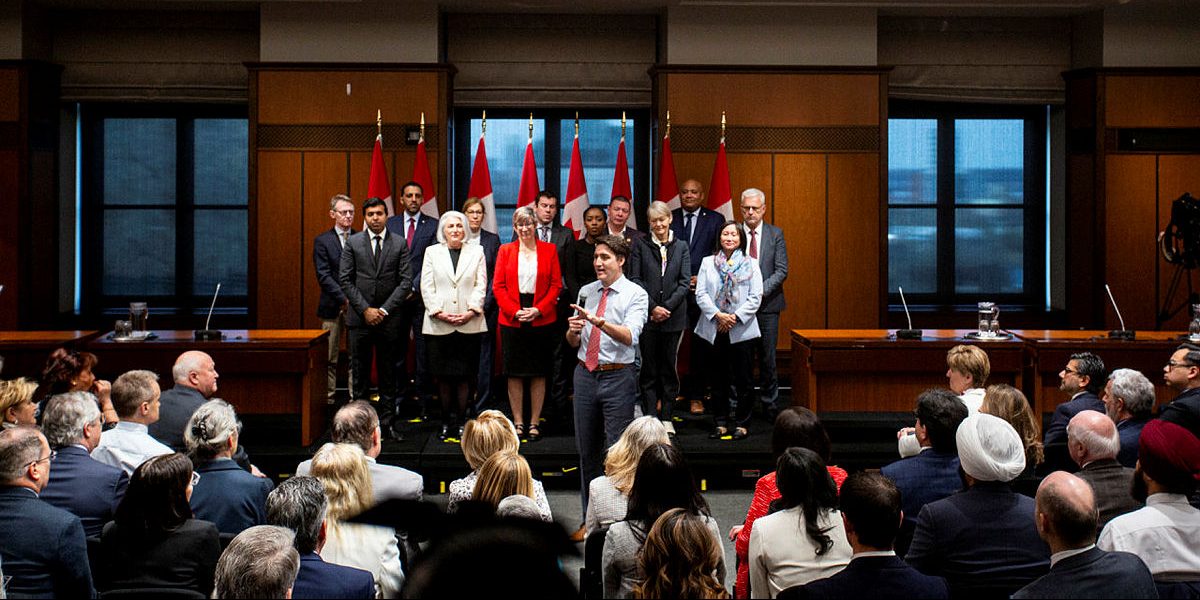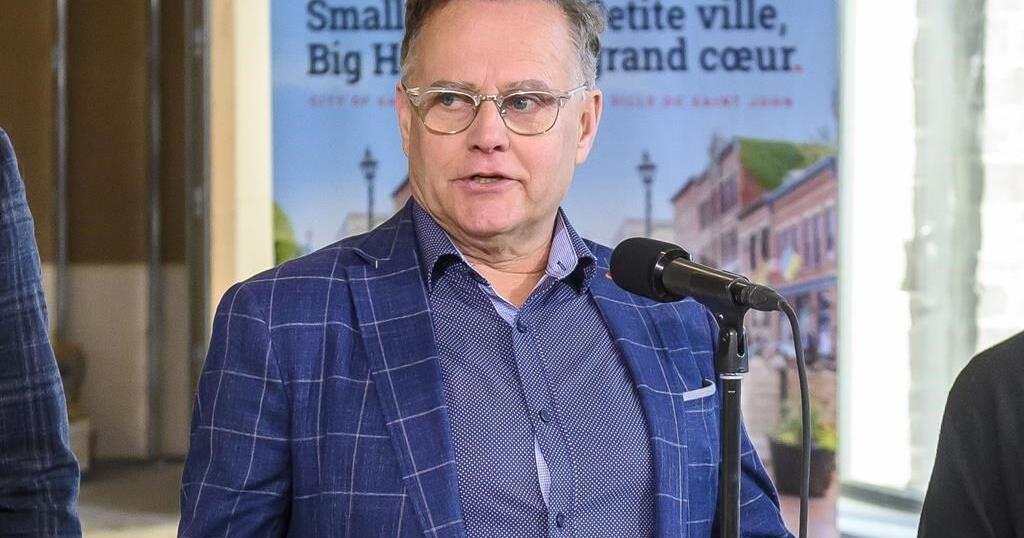Some thoughts on the
Liberal leadership dilemma from the Canadian Press' Laura Osman,
reproduced in the Globe and Mail:
"Calls have intensified for Justin Trudeau to resign as head of the party he almost single-handedly pulled back from the brink after a decimating electoral defeat in 2011.
Still Trudeau has been steadfast in his intention to lead the party into the next election.
But even as several former elected Liberals, party faithful and strategists declare it’s time for the prime minister to step aside for fear of dragging the party down along with his personal polling numbers, many also admit a Liberal leadership race would be a risky and messy affair.
The party hasn’t selected a new leader since 2013, when the Liberals changed the rules to give ordinary citizens a bigger say in who would take the reins of the party.
It was part of the board’s “road map to renewal” plan to rebuild the party.
The changes allowed a political movement to form behind Trudeau, who won the race easily and reinvigorated the party after a time of crisis.
“It doesn’t matter to me if you were a Chrétien Liberal, or a Turner Liberal, or a Martin Liberal or any other kind of Liberal,” Trudeau told the cheering crowd after being voted in.
“The era of hyphenated Liberals ends right here, right now, tonight.”
His leadership did usher in a new era of Liberal unity, but Conservative strategist Ginny Roth said the party was also remade in his image.
“The Liberal party was kind of rebuilt around Trudeau as a bit of a cult of personality, and that worked when he was popular,” said Roth, who served as Pierre Poilievre’s director of communications during his leadership race.
Now that it’s no longer true, the very identity of the party is at stake.
“I think a lot of Liberals are concerned about what a leadership race could mean, because there’s no real establishment.”
If Trudeau were to step aside before the next election, the party would not only need to find a new leader before the next election but also redefine what it means to be a Liberal.
“The Liberal party brand today has become synonymous with Justin Trudeau,” said Andrew Perez, a longtime Liberal and strategist with Perez Strategies.
He recently called for Trudeau to resign, but admits it’s a tall order when the next election is scheduled for less than a year and a half from now. It’s a risk, he said, especially under the rules that brought Trudeau to the head of the party.
The goal was to make it easier for people to vote in the Liberal leader by allowing them to join the party as a “supporter,” so they could vote without having to pay for a membership.
In 2016, they went even further, eliminating party membership fees altogether.
At the time the party said it was to make the Liberals more “open and accessible.”
But some strategists say it also makes the next leadership race susceptible to inference by special interest groups.
“It’s obvious how the system could be taken advantage of in a leadership race,” Perez said. He’s particularly concerned about the ongoing conflict between Israel and Hamas in the Gaza Strip, and the divisive effect it has had on Canadian politics.
“I do worry about the role of special interests, who can mobilize around one issue and decide on the basis of one issue, who will lead the party.” [My emphasis added.]
While some decisions about a leadership race could be made by the party’s board, bigger changes about the membership would require an amendment to the party constitution. That would have to go through a membership vote.
There are discussions underway to hold a party convention next spring — too late to change the rules if there is a snap leadership race.
The timeline would be tough enough just to get a new leader in place before Canadians go to the polls, though several Liberals — including Perez — say the crunch isn’t insurmountable.
Leadership races usually last months, at least. Officially the leadership race when Trudeau won lasted just five months, but candidates had been gearing up for it for nearly two years.
It also took two years for the Conservatives to vote in a new leader after Stephen Harper’s resignation after the 2015 election. The race that brought Pierre Poilievre to the head of the Conservatives lasted eight months.
All of those people had the luxury of time, something on short supply currently. The next election is at most 15 months away. Anyone elected leader would be thrust into a near immediate election."
-----
There's more but you get the idea - replacing Trudeau is not as simple as it might appear.






